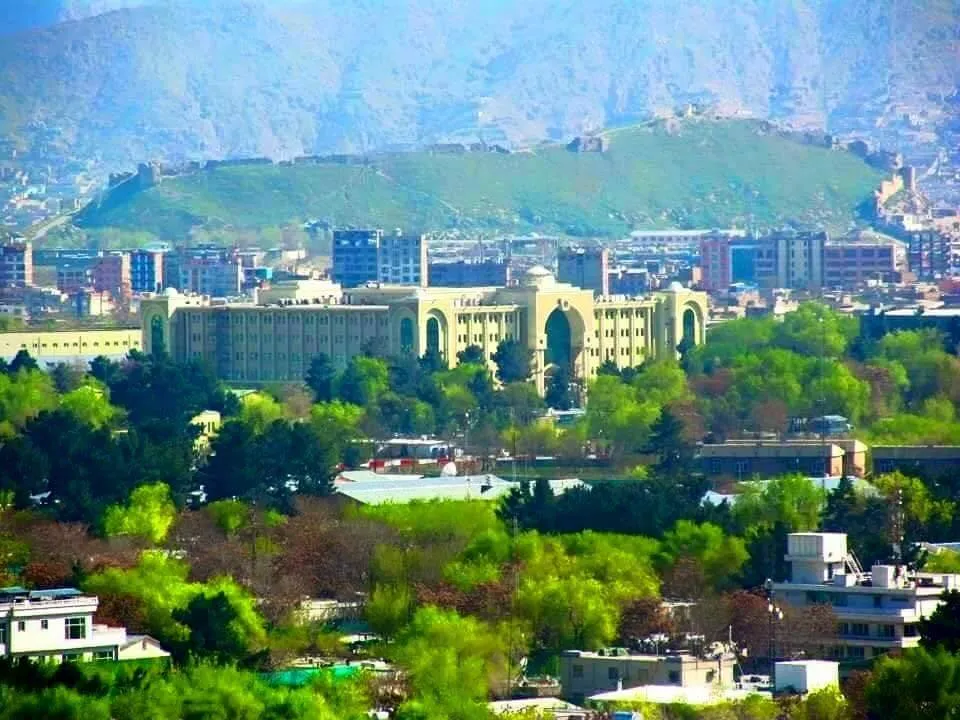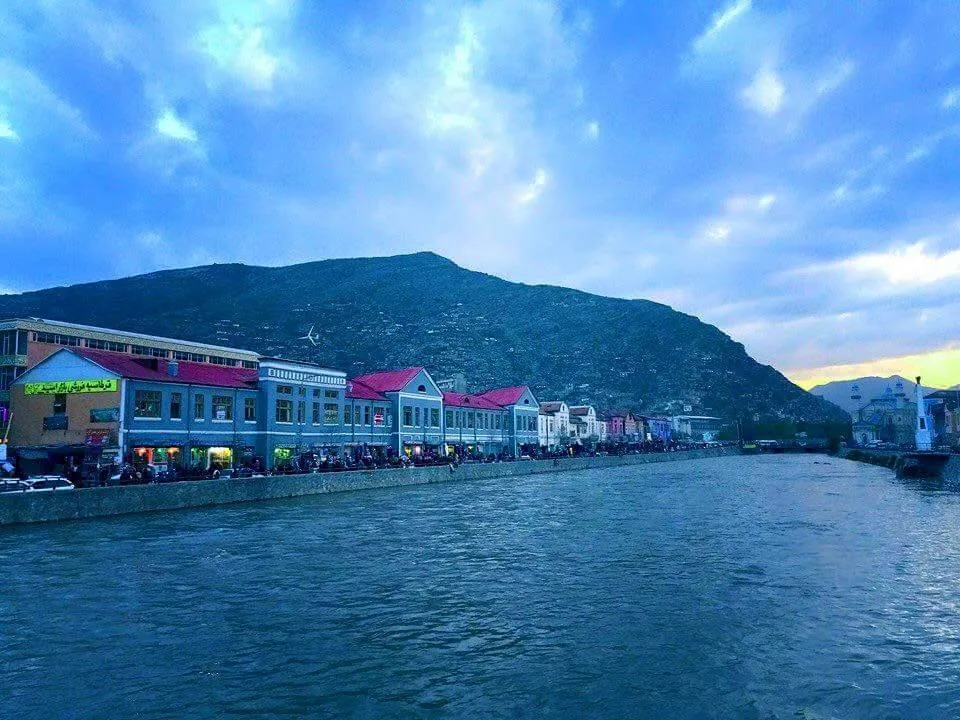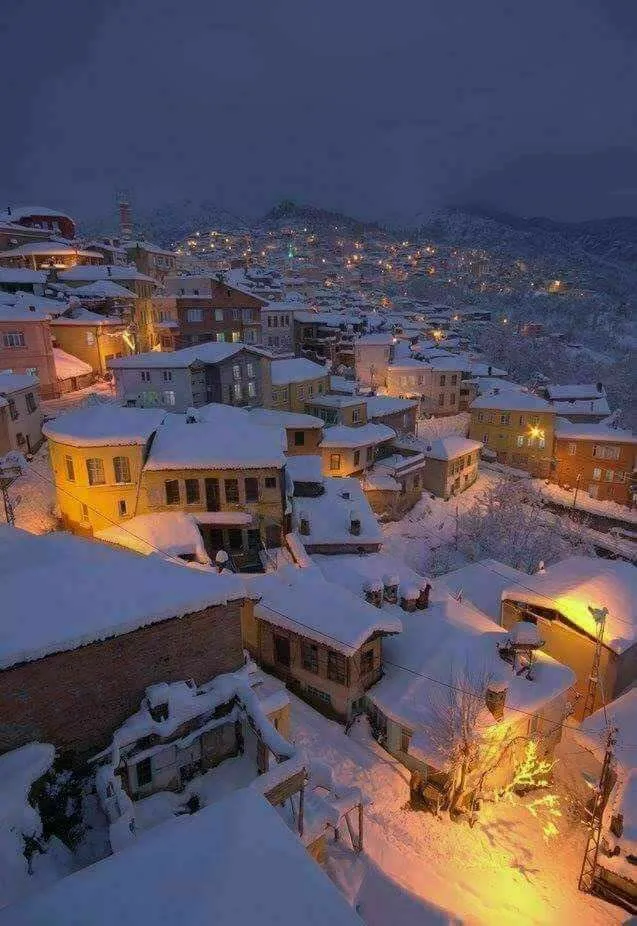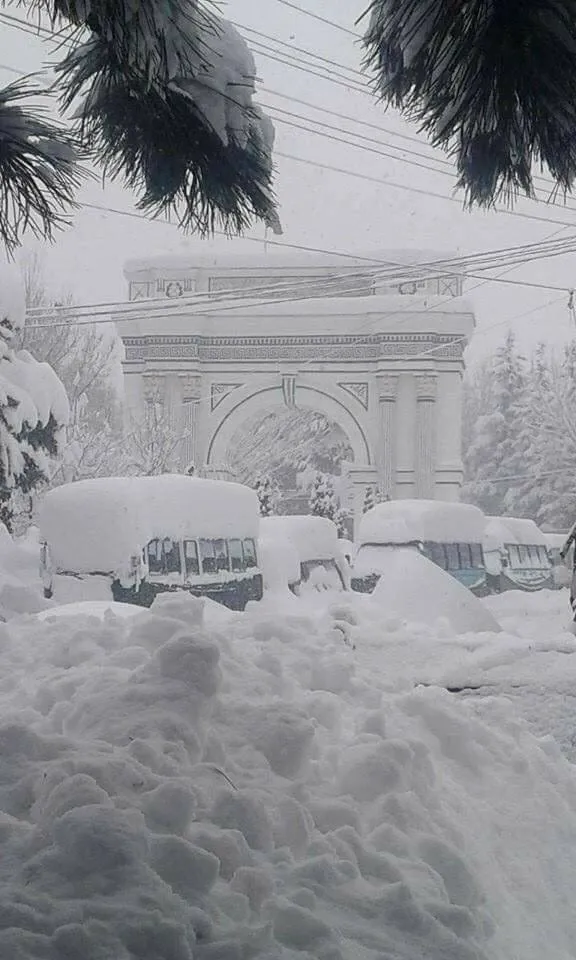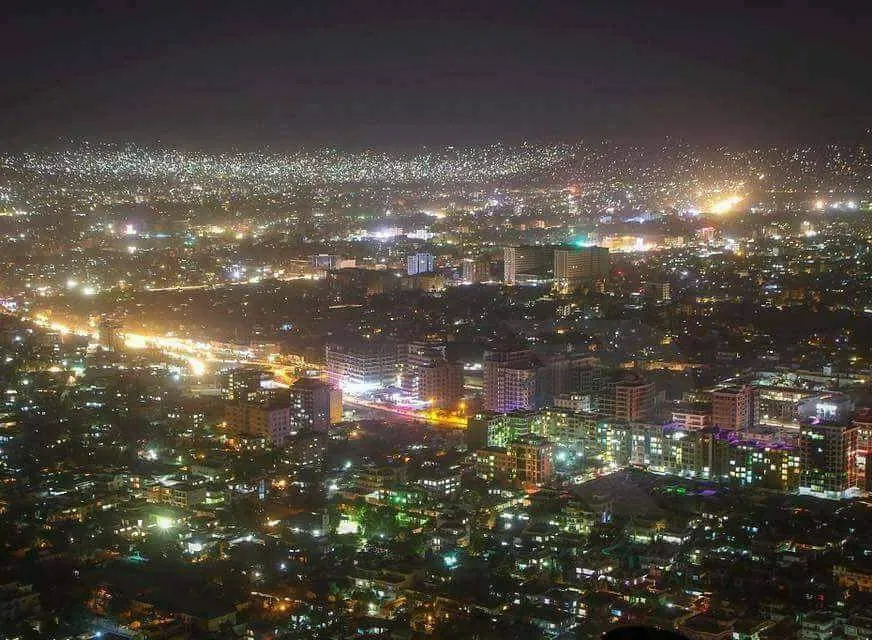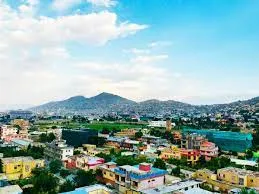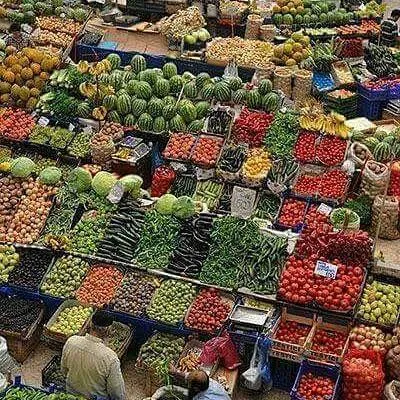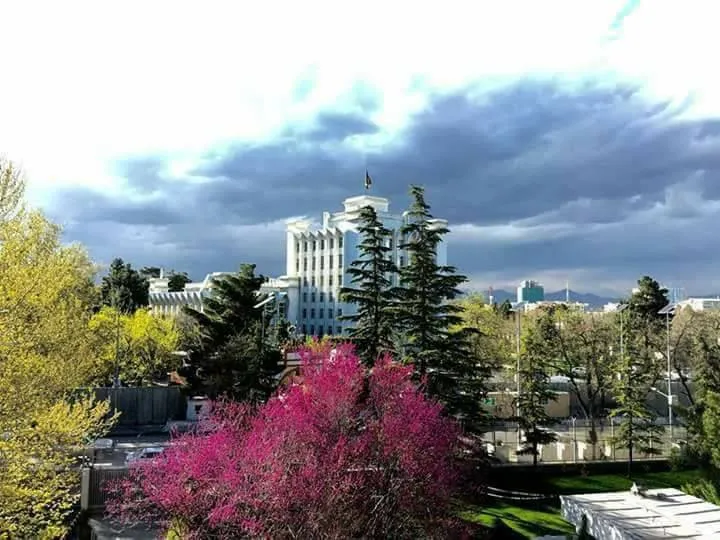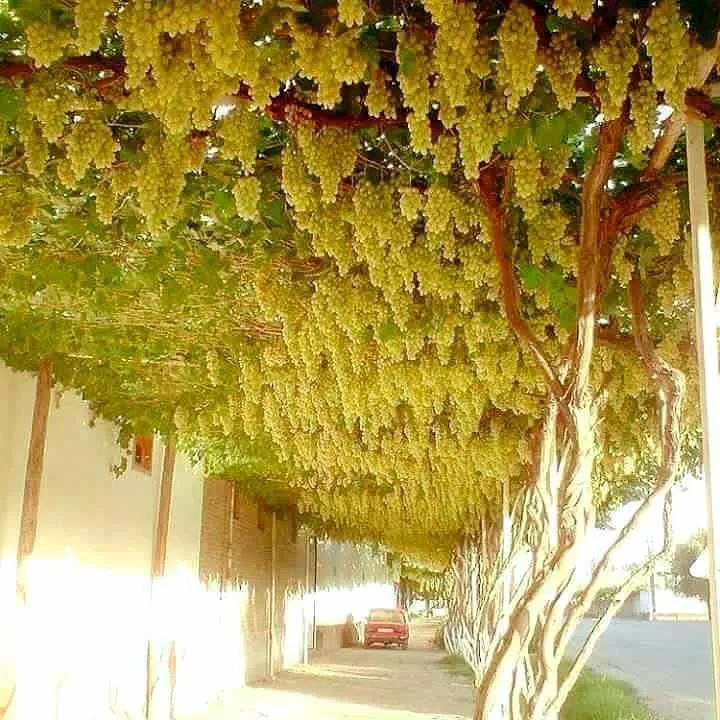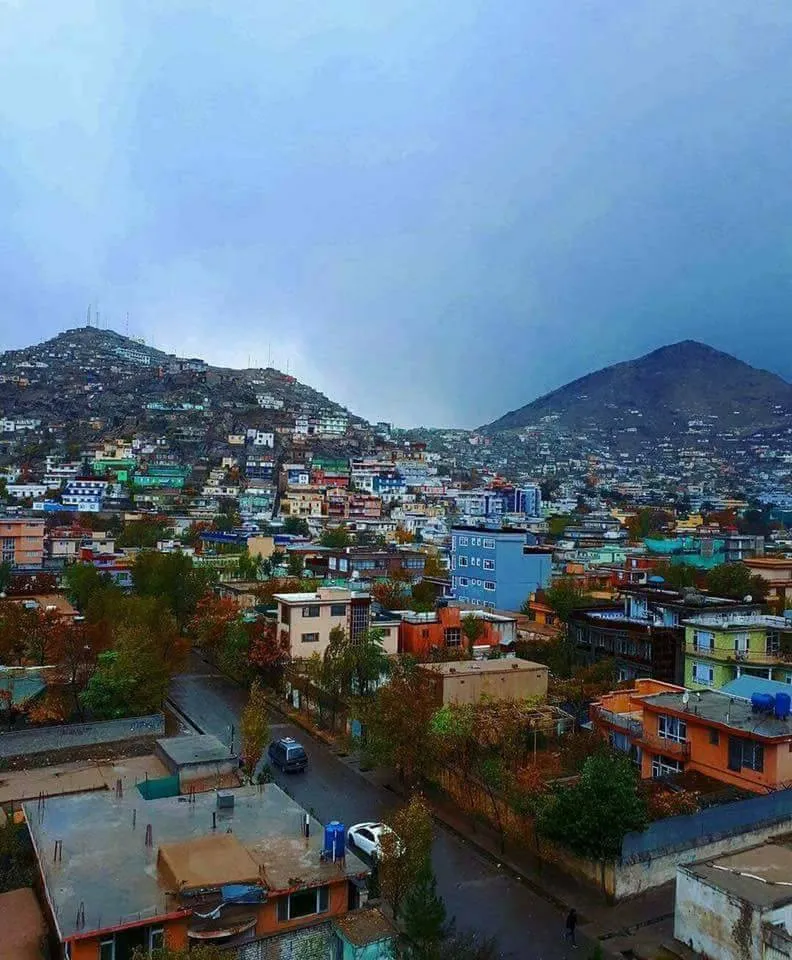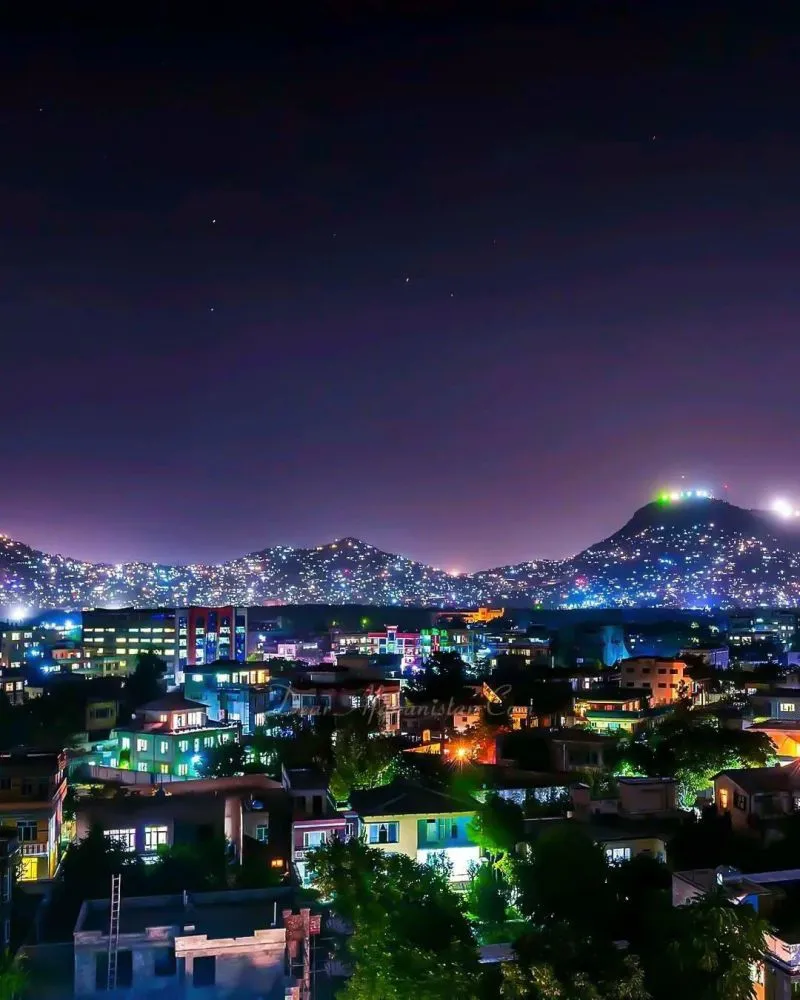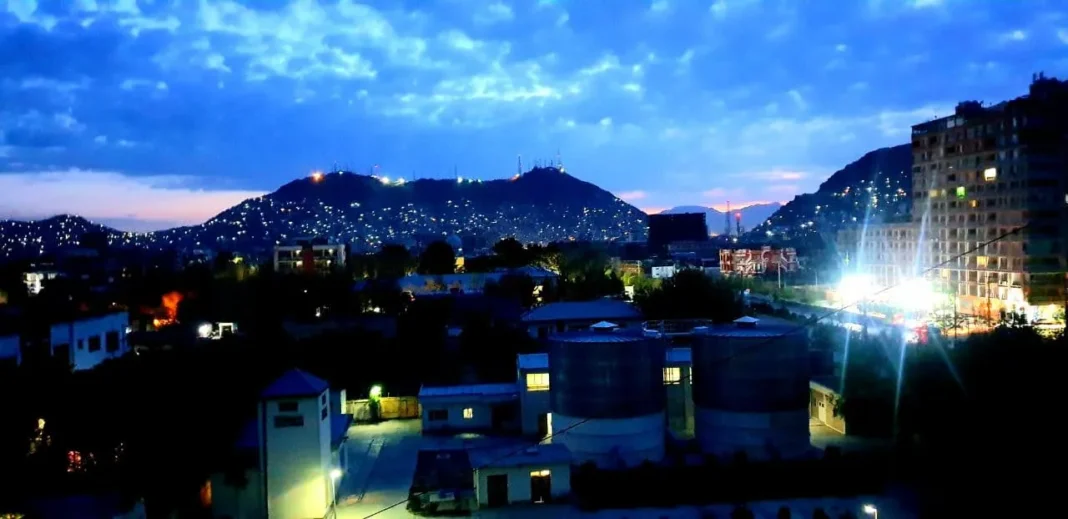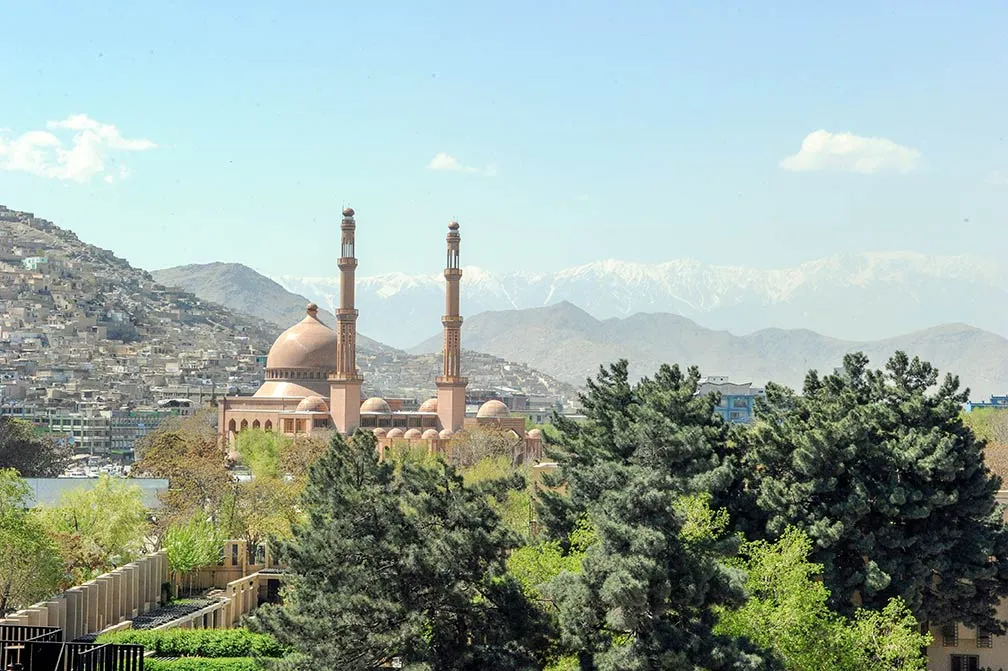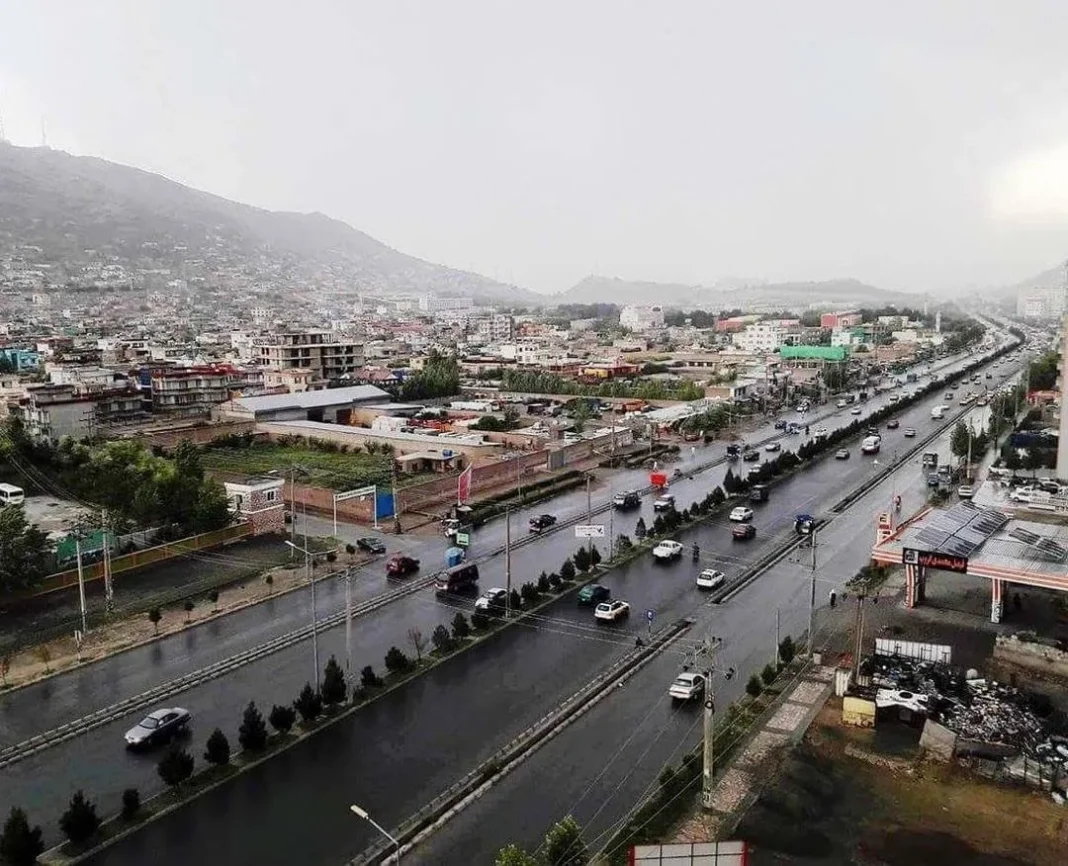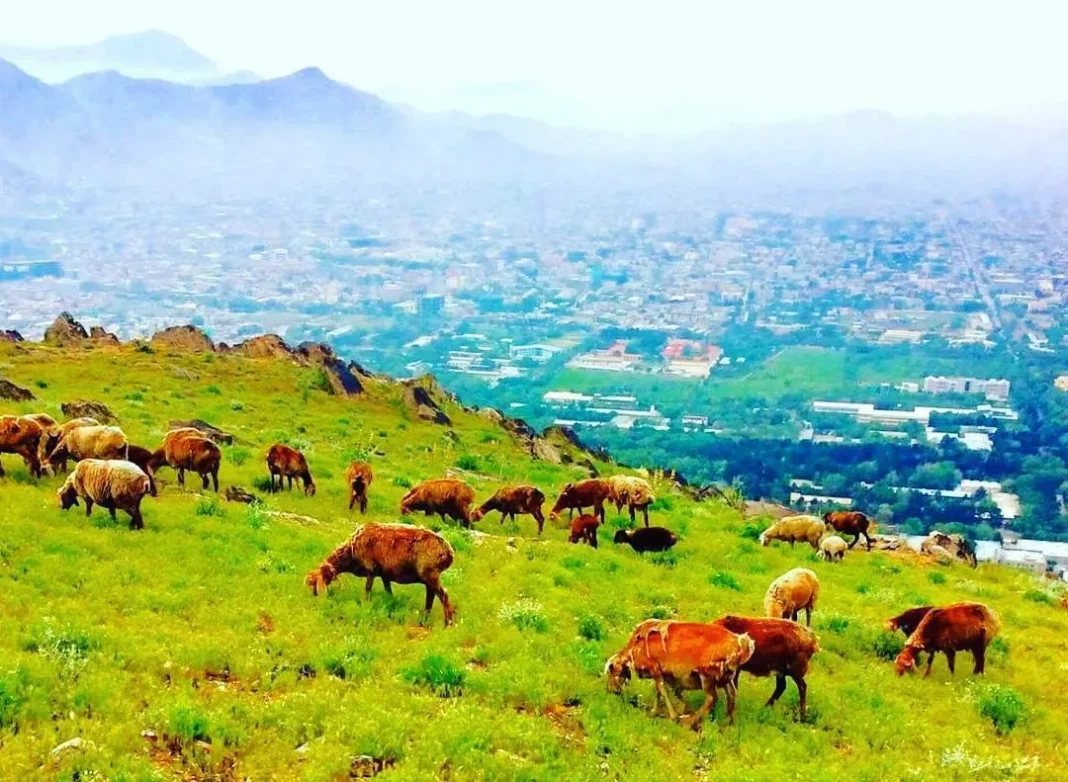Seeking a truly off-the-beaten-path destination? Experience Kabul travel, Afghanistan – a city of profound history and resilience amidst a complex security landscape. This guide offers insights for intrepid travelers drawn to explore its cultural heritage and witness Afghan life firsthand.
Kabul Travel Safety: Understanding Risks and Precautions
- Understand the Situation: Before planning any trip to Kabul, it’s crucial to consult the latest travel advisories from your home government and several reliable sources.
- Prioritize Precautions: Travel only with experienced local guides or reputable tour companies. Additionally, maintain a low profile, respect local dress codes, and avoid unnecessary risks.
- Emergency Resources: Have emergency numbers for your embassy and any local contacts readily available.
Exploring Kabul’s History & Culture: Landmarks to Discover
- Crossroads of Empires: Delve into Kabul’s rich past at the National Museum of Afghanistan, tracing empires from Alexander the Great to the Silk Road era and more recent dynasties.
- Architectural Legacy: Explore the blend of traditional Islamic architecture in the old city, remnants of Mughal grandeur at Babur’s Gardens, and the imposing but damaged Darul Aman Palace.
- Daily Life and Customs: Immerse yourself in the bustle of Kabul’s bazaars, witness the rhythm of daily life, and respectfully observe traditions. For the best Kabul travel experience, your guides can offer invaluable insights into local customs and shopping.
Kabul Cuisine: Where to Taste Afghan Flavors
- Flavors of Afghanistan: Savor Afghan staples like kabuli pulao (spiced rice with lamb), mantu (meat dumplings), bolani (flatbread), and flavorful kebabs.
- Beyond Restaurants: Explore street food for local snacks, bakeries for fresh bread, and teahouses for socializing.
- Dining Cautions: Prioritize cooked foods, bottled water, and reputable establishments to minimize health risks.
Shopping in Kabul: Treasures to Find in Bazaars & Beyond
- Carpet Treasures: Seek out intricate Afghan carpets, known for their craftsmanship and geometric patterns.
- Textiles and Handicrafts: Browse the markets for embroidered fabrics, traditional clothing, pottery, and locally made jewelry.
- Sharpen Your Bargaining Skills: Bargaining is customary; consult your guide for fair price ranges.
Practical Considerations
- Transportation: Taxis are the easiest way to get around. Negotiate fares beforehand. Women travelers should be aware of local customs.
- Accommodation: Choose from a range of hotels, particularly those catering to international guests, guesthouses, and budget-friendly options.
- Communication: Limited internet and phone reliability are the norm. Some English is spoken in tourist areas.
- Currency and Exchange: The Afghan afghani (AFN) is the currency. Check reliable sources for up-to-date exchange rates.
Beyond the City Limits
- Day Trips (If Safe): If the security situation allows, consider guided excursions to nearby historical sites like Paghman or Istalif.
- Prioritize Safety: Any ventures beyond Kabul require even stricter security assessments and expert local advice.
Important notes for traveling to Kabul
- Visas: Check your visa requirements well in advance of travel.
- Respectful Attire: Dressing modestly is essential, particularly for women.
- Photography: Be discreet. Always ask permission before photographing people.
Kabul is not a destination for casual tourism. Those drawn by its history, who respect the complexities, and take every precaution may find a rewarding, perspective-shifting experience.


